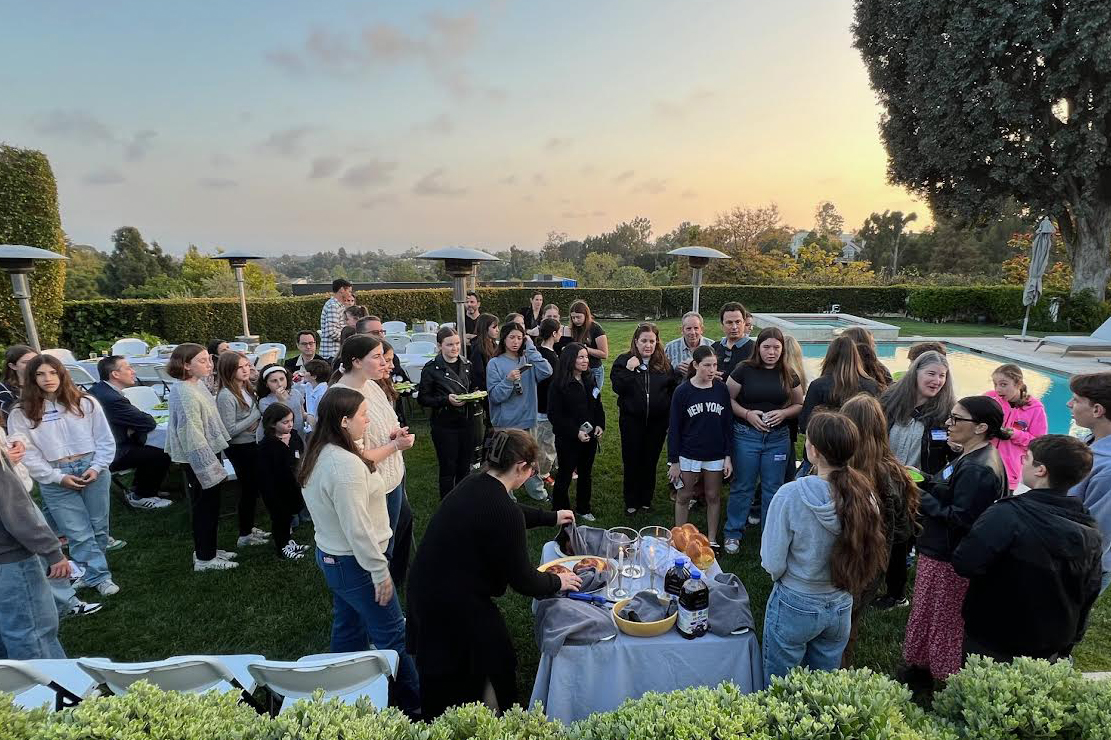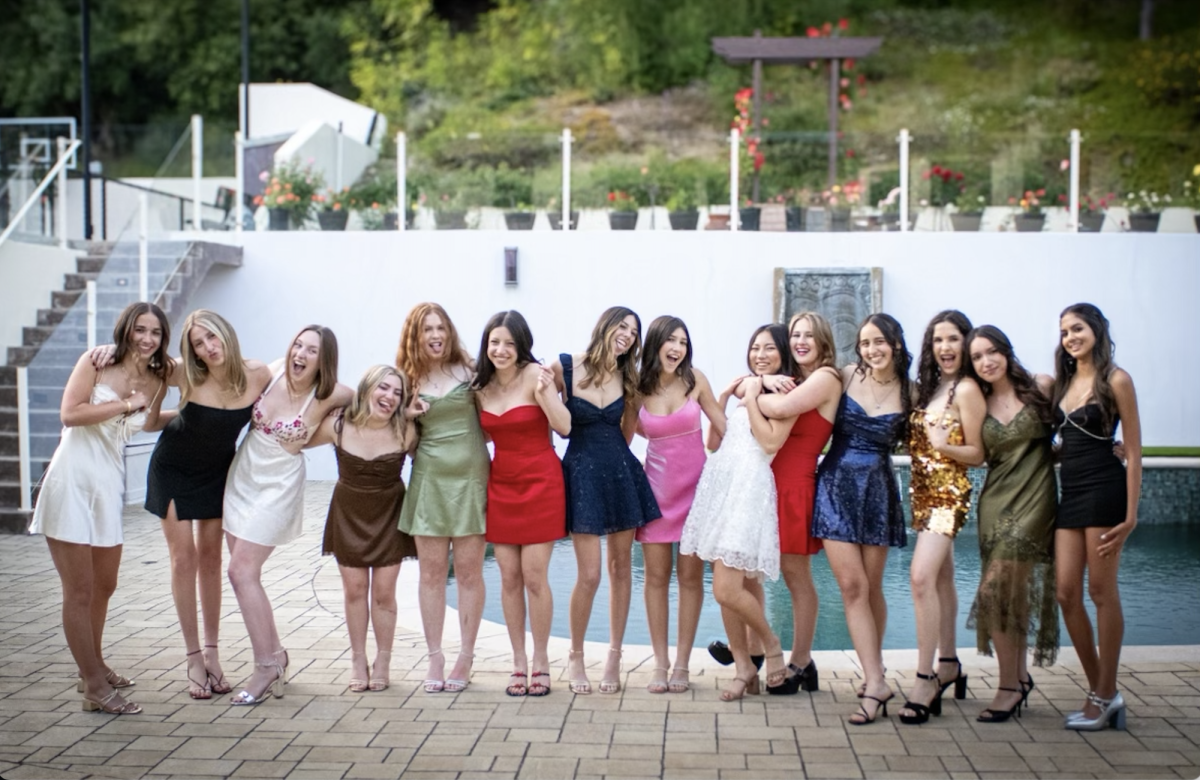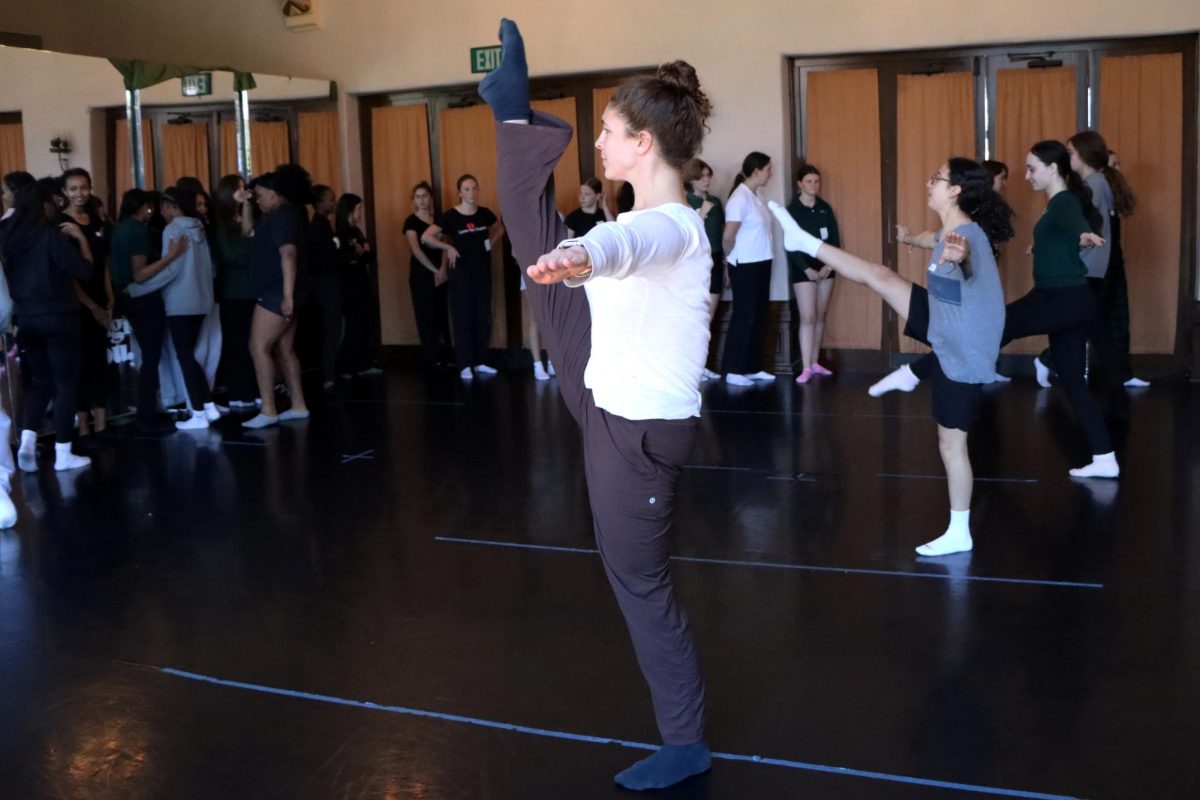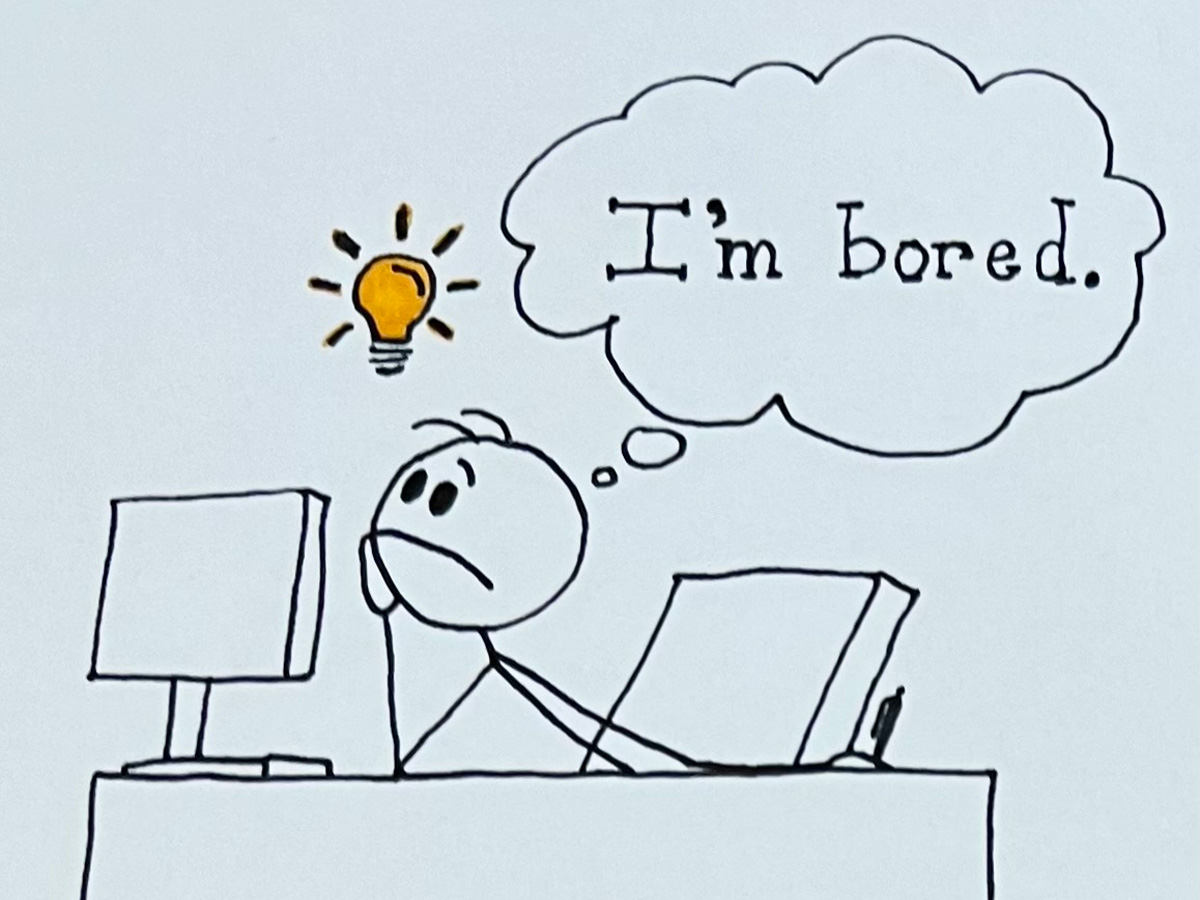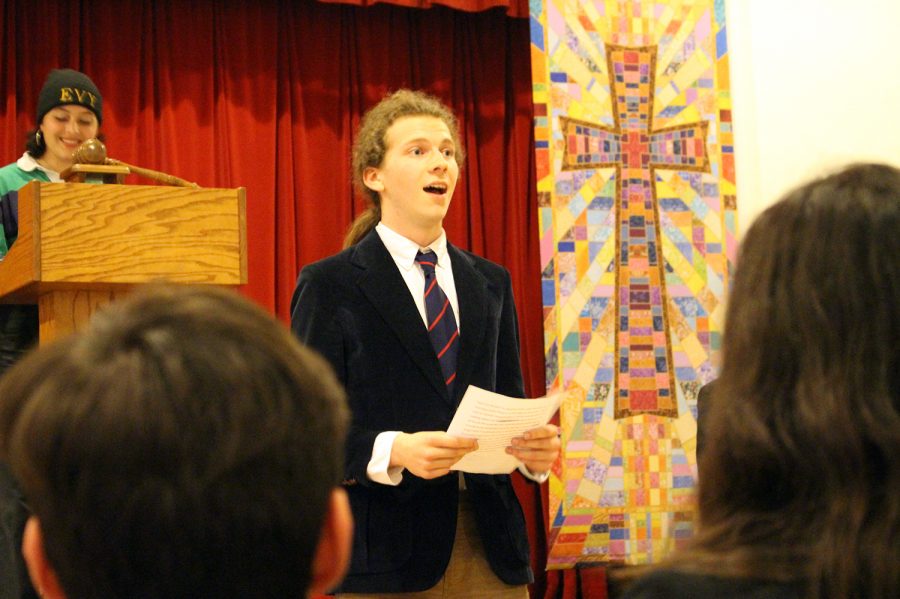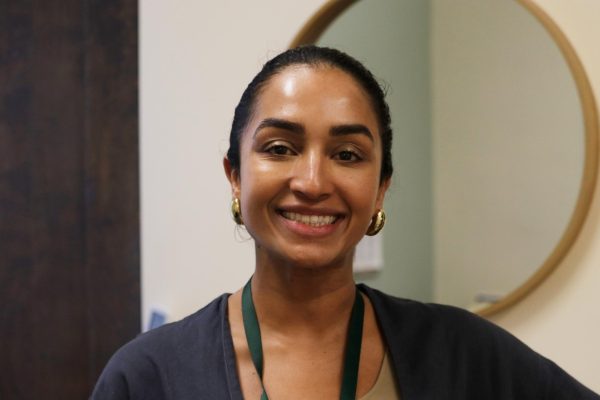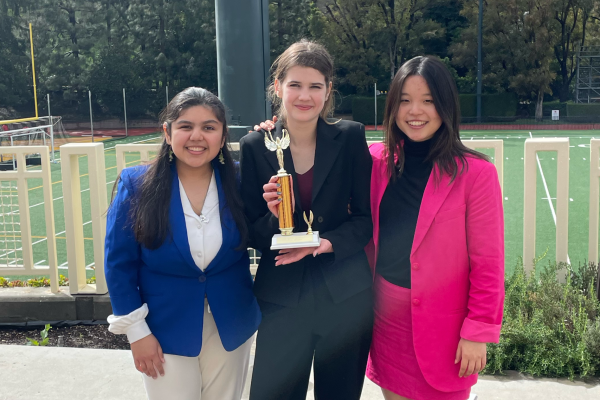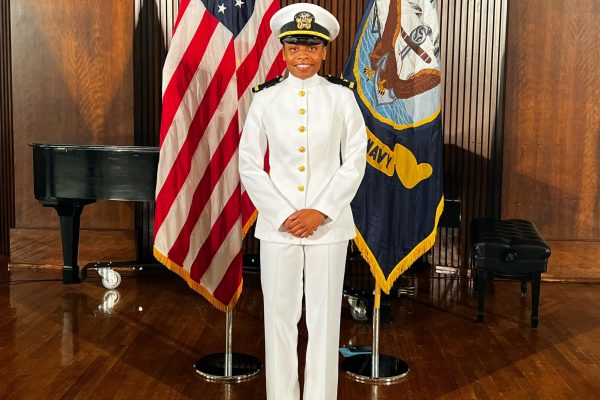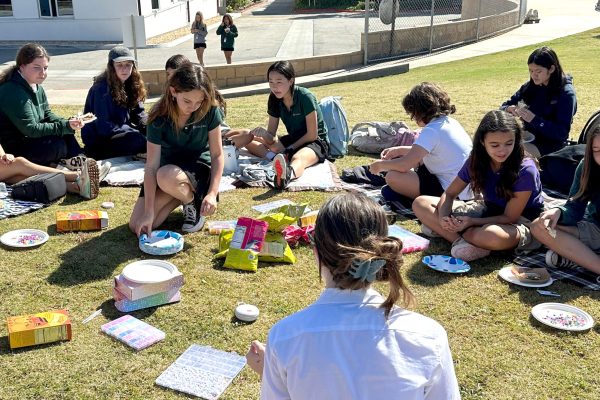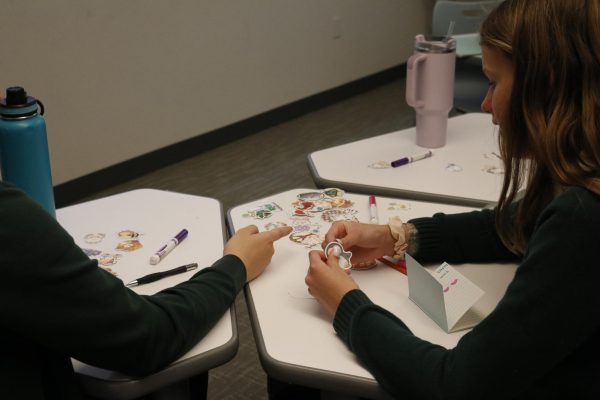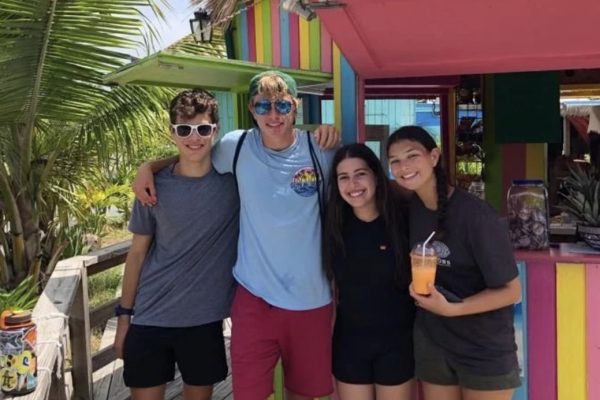‘We are the kids who are spearheading change’: Youth in Government fosters politically engaged youth
Photo credit: London Sinclair
Ford McDill, a rising senior at Harvard Westlake, ran for president at the East Valley delegation for the 2020-2021 YMCA Youth in Government program. According to junior Leo Hecht, “Ford commands a presence in a room, and whether he is drinking Clamato or writing a song for our delegation, his endless positivity and energy add something special to our delegation.” Hecht was the East Valley parliamentarian during the most recent season.
High school students throughout the nation are assembling, marching and using their voices to speak up on issues such as the Youth Climate Strike, immigrant rights, March for Our Lives and the Black Lives Matter movements. Despite the stereotype, that teens are too attached to social media to pay attention to the news, a survey by Common Sense Media says otherwise. The survey found that 78 percent of American teens ages 13 to 17 say it’s important to them to follow current events. And for some California teens, the best place to educate themselves and take action is through the YMCA Youth in Government program.
Teenagers around the state gather in their nearest YMCA once a week for two hours through the California Youth in Government program to discuss current events, draft proposals and develop public speaking skills. Here, students hold mock legislative sessions and campaign to undertake a state government position through a student-led caucus.
Youth in Government’s Model Legislature and Court is a six-month, hands-on experience that illustrates the values of democracy by uniting diverse groups of high school students in their simple love of politics. The California YMCA Youth in Government program has 98 delegations statewide with over 3,300 participants according to the Youth in Government website.
“Y&G has completely changed my life,” East Valley Family delegate and junior at Louisville High School Stella Rose said. “I went into the program when I was 11, in sixth grade, totally naive to everything. I didn’t really know about world issues or current events, and I kind of didn’t care either, but growing up in this environment has taught me to care: care about the world, care about people, care about social justice.”
The 73rd Youth Governor Andre Mirzayan echoed this sentiment by expressing his gratitude toward the Y&G program and its role in his high school experience.
“The seniors are always telling you to make the most of it because it goes by so much faster than you would think, and they were right, it goes by incredibly quickly and before you know it, the program is over,” Mirzayan said. “It was the social aspect I liked at first, but I really fell in love with the program. I genuinely look forward to every Wednesday meeting that I go to, every conference I go to.”
According to Rose, the weekly meetings foster more than well-formulated ideas and speechmaking — they cultivate “empowered” and “empathetic” young adults.
“It’s more than just being a public speaker or a leader or bill author; it is about empowering people. Youth in Government teaches us more than just politics; it teaches us how to meet new people and how to show compassion,” Rose said. “It teaches us broader ideas and a deeper understanding of life in general. I think that’s kind of a big statement for an extracurricular program, but it’s true. And I think they live up to it.”
Aniyah Shirehjini, an Archer junior, joined Youth in Government this year as part of the East Family delegation. Her delegation meets once a week for two hours on Tuesdays, where they discuss, debate and plan for upcoming events.
“We start every meeting with an opening speech called an invocation. It can be a story, you could read a book to us, or tell us a poem, or just talk about life — anything to practice your public speaking skills,” Shirehjini said. “Then, we break off into small groups and discuss a current event that we will eventually do a big group debate on where people have the opportunity to speak pro or con.”
Every Tuesday meeting is designed to prepare the members for upcoming conferences and eventually the culminating conference in Sacramento.
“Sacramento is our simulation of the California government. There is a judicial branch, the legislative branch and the executive branch,” senior program director for youth development Oscar Luzanilla said. “The work we do here really ties into that, not so much about teaching them exactly about how the legislative executive and judicial branch work, but we focus a lot on speaking and the importance of group membership.”
There are two different three-day conferences in Fresno: the first designed for training in debate and parliamentary procedure, and the second to finalize the delegates’ role in the Sacramento conference. The second training convention in Fresno is the final time to meet with all 3,000 delegates and advisors from around the state before the Model Legislature and Court.
“California is an incredibly diverse state, and meeting people, hearing their stories, it inspires me to take action. I come home from Y&G conferences more inspired than ever, and that exposure teaches you about compassion,” Rose said. “I’m thankful for the experience because it fostered a passion and drove me to write a bill.”
Rose is a part of the East Valley Family and worked as a campaign manager for a Youth Governor nominee, Maddie Stein. Her current position rendered her unable to carry the bill alone, so she enlisted Shirehjini to sponsor the bill and advocate the bill through the legislative houses.
“Stella Rose isn’t in the legislative house, she is in a different program area, but you have to be in legislative houses in order to argue a bill. You do, however, have the option to get a sponsor to do it for you, and then they go through assembly and senate,” Shirehjini said.
Shirehjini acted as a sponsor for Rose’s bill, which is a reference to climate change and the effects that meat consumption has on our carbon footprint.
“My bill created a sumptuary tax, but it’s also called a sin tax, and that is basically a tax on any product you buy. My bill proposes 1.5 percent sumptuary tax on beef sold at retail,” Rose said. “Basically, whatever you paid for beef, whether that was from the producer or from a grocery store, there is a 1.5 percent tax that goes to the California EPA, the Environmental Protection Agency.”
The idea for the bill originated from the effort to curb climate change and the role the agricultural industry has on greenhouse gas emissions from cultivating cattle.
“What can I do about climate change besides recycling, or turning off your lights or using less water? I wanted to put in legislation that would ease the effects immediately, and especially in California, where air pollution is a prominent issue,” Rose said.
During the annual five-day Sacramento conference in February, Shirehjini presented her bill to this year’s model government in the California capitol chambers.
“The bill passed assembly and senate in Sacramento, and it is now going to the 72nd Youth Governor, Aiden Blain, to sign,” Shirehjini said. “The bill will be presented at legislative day, which is where the Youth Governor talks about the bills he signed to assembly members and they possibly become actual laws.”
The YMCA Youth in Government program works to extend the mock government into reality. The program hosts several events where students can meet with local politicians and present the bill to the actual legislature.
“Y&G does a really good job of connecting the youth to our local legislators, senators and governors. The bills the youth governor passes in Y&G; the California YMCA will take all those bills and make them into a bill book which is then given to Governor Gavin Newsom,” Rose said. “Newsom looks at the bills, reviews them, and then he will give it to our State Assembly and Senate to be passed. For example, the law [that] you have to wear a helmet when you ride a bike came from Youth and Government.”
Not only does the Sacramento conference give delegates the chance to argue their cases and present their work, but it is a culmination of the current government and the inauguration of newly elected officials.
“Every year in Sacramento, we elect a rising senior as the Youth Governor for the next season of Y&G. They spend the whole year running their campaign, giving speeches, debates and at the end of the conference everyone votes,” Shirehjini said. “The process is actually really fun — one person from each delegation cast the votes and you watch the tallies go up and down until the last person announces the votes and you see who wins.”
On Feb. 16, Mirzayan was appointed the 73rd Youth Governor of California for the 2020-2021 Youth in Government season.
“One aspect of the program is its ability to inspire other people to run,” Mirzayan said. “You go through the whole program looking up to other people, to seniors, then now realizing that I am going to be a senior next year, I am going to be one of those people who for so long I looked up to in the program. That is really amazing to me.”
Mirzayan wants the “voices of Y&G to be heard” and to maximize the program’s resources to “create real change.” He built his campaign on the idea of a “polling program area,” an initiative that looks to amplify the opinions of politically engaged youth.
“The main goal is to poll everyone in the program about different issues and take a sample size of these 3,000 politically engaged high school students to show what high schoolers across California believe in,” Mirzayan said. “We can then take the data to senators and California legislators and say, ‘In four years, these people are going to be able to vote for you, they will have the power to vote you out of office. If you want to keep your job as a legislator, if you want to keep representing people in the state of California, you need to start implementing their ideas and their policies into your platforms and the way that you vote.’”
According to Rose, the Youth in Government program is a “progressive” extracurricular activity that prepares teenagers for the complexities of politics. Many of the students who participate credit the program for its political exposure on issues they were previously uninterested in.
“Y&G is composed of the smartest, driven and passionate teenagers across California. We are a reflection of the strength of our generation,” Rose said. “Everyone in the program cares about something — some do it for the social aspect, the politics, the change-making, but I especially feel reflected in the program because everyone who is here has made an active decision to be a part of something greater than themselves. We are the kids who are spearheading change, and I am proud to say ‘that’s my generation.’”

London Sinclair joined the Oracle as a staff reporter in 2019 and became the first Oracle Podcast Editor in 2020. She is a student journalist, budding...

